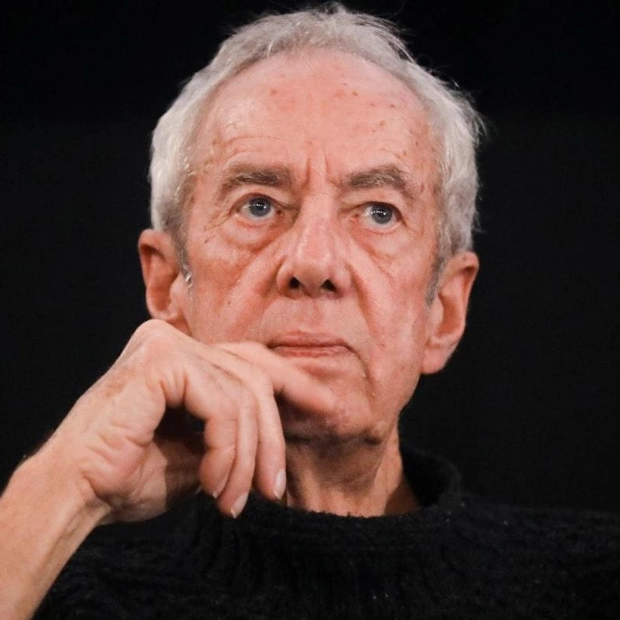Voting commenced on Sunday to select a new governor of Tokyo, with incumbent Yuriko Koike facing off against opposition leader Renho, both prominent figures in Japan's predominantly male political arena.
Japan has yet to see a female prime minister, and the majority of its lawmakers are men. However, since 2016, Tokyo, which represents a tenth of the national population and a fifth of the economy, has been governed by Koike, a 71-year-old former television anchor. Although she is no longer considered a potential future prime minister, as she once was, polls indicate that the media-savvy conservative is likely to secure a third consecutive term in the city of 14 million.
This outcome would provide some relief to the ruling Liberal Democratic Party, which supports Koike despite her departure from the LDP in 2017. The party is led by the deeply unpopular Prime Minister Fumio Kishida, whose public support has plummeted to about 20 percent, partly due to a political funds scandal uncovered late last year. Kishida will also contend with the LDP leadership election later this year.
The Tokyo election follows new government data revealing that the birth rate reached a record low of 1.20 last year, with Tokyo's rate at 0.99, the first region in Japan to dip below one. Both Koike and her closest competitor, Renho, have vowed to enhance support for parenting, with Koike promising subsidized epidurals. "After having their first child, I hear people say they don't want to experience that pain again," Koike stated, according to local media. "I want people to view childbirth and raising children as a joy, not a risk," said the incumbent, who has campaigned using an AI version of herself. Renho, on the other hand, pledged to support young people "and expand their life choices." "I will implement genuine long-term fertility measures," Renho declared, backed by Japan's main opposition parties. "I will also achieve transparent fiscal reforms, where everyone can monitor the situation."
An unexpected contender in the race could be independent candidate Shinji Ishimaru, 41, a former mayor of Akitakata in western Japan, according to recent polls. Some swing voters prefer him over Koike and Renho. "If you look away, interest-based politics and pork-barrel projects will emerge," he warned in a speech on Saturday, highlighting his financial expertise as a former banker. A record 56 candidates are participating in the election, though not all are serious contenders, with one dressing as "The Joker" and advocating for the legalization of polygamy. Others are promoting more golf, poker, or simply advertising their businesses in the red-light district.
Local media speculate that voter turnout may increase, as early votes cast through July 5 reached 1.65 million, a 20 percent rise from 1.38 million in 2020. Overall turnout was 55 percent in the last election, down from nearly 60 percent when Koike was first elected in 2016. Ballot boxes will close at 08:00 pm (1100 GMT).






